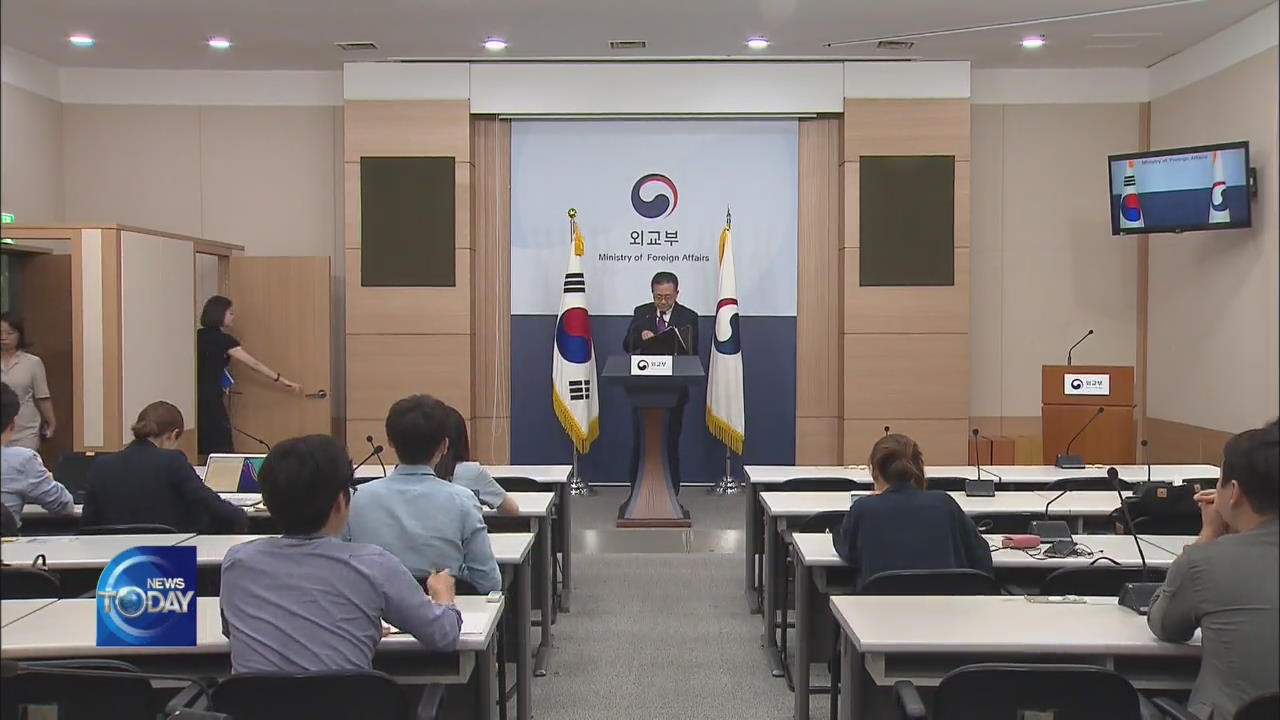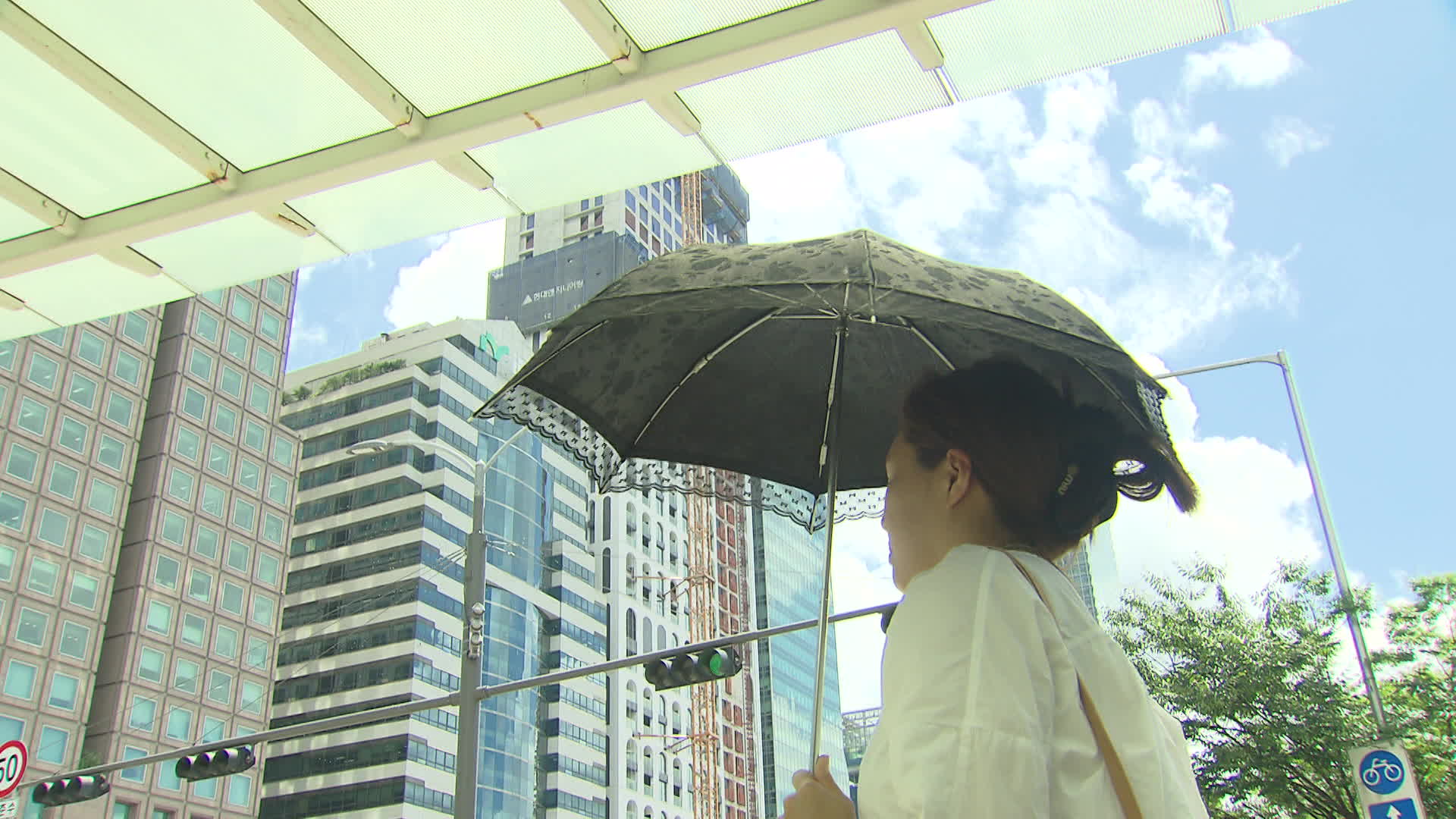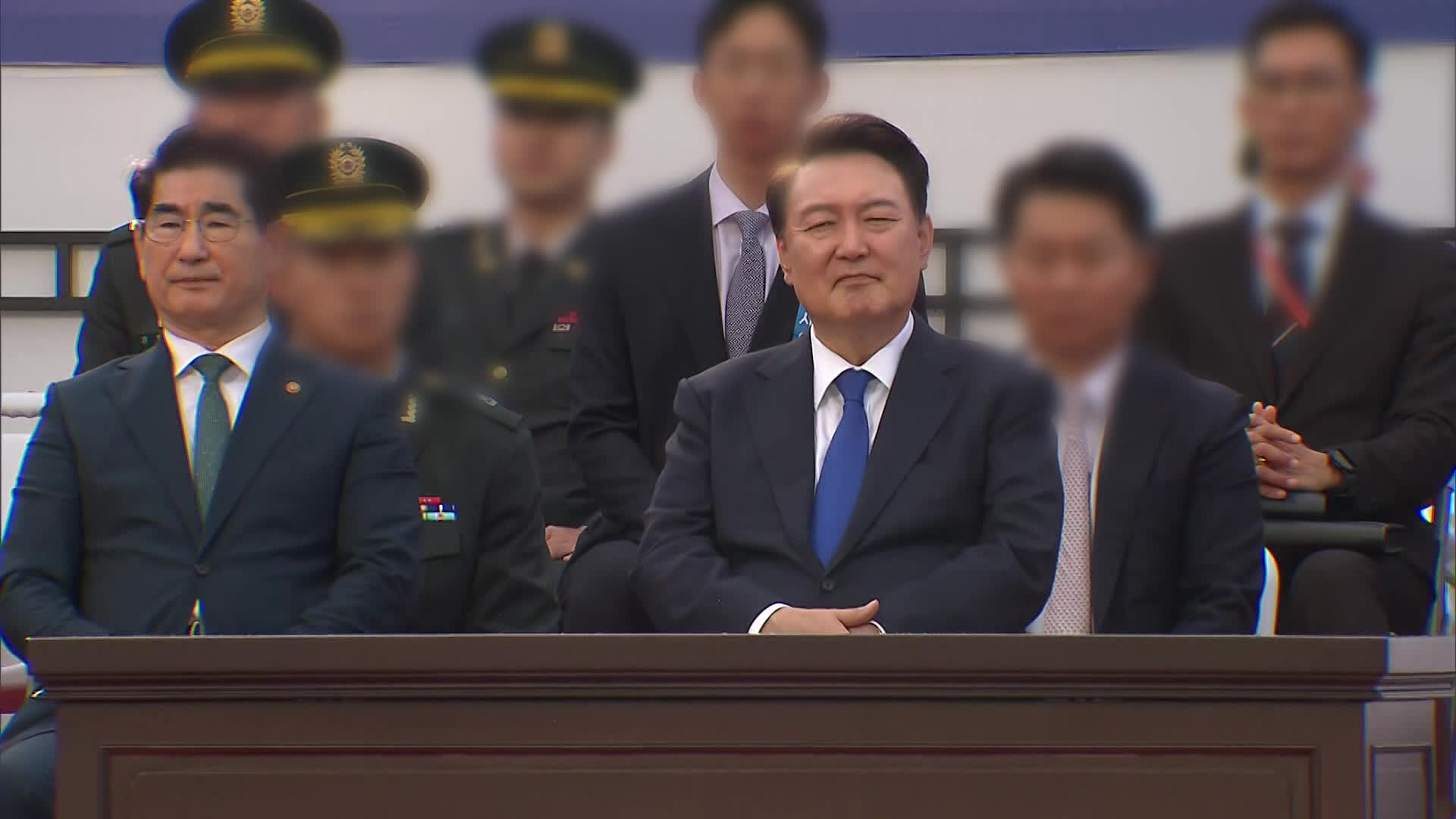“NO NO JAPAN” BOYCOTT CAMPAIGN
입력 2019.07.19 (15:02)
수정 2019.10.14 (07:52)
읽어주기 기능은 크롬기반의
브라우저에서만 사용하실 수 있습니다.
[Anchor Lead]
A growing number of Korean consumers are boycotting Japanese products, and the trend will likely become protracted and widespread. More and more consumers are joining the movement to find domestic replacements for Japanese products. Here's more.
[Pkg]
A beer section at a large supermarket... At a glance, some of the products sold here appear to be from Europe, but in fact they were made in Japan.
[Soundbite] LEE HO-JIN(SEOUL RESIDENT) : "I didn't know this product was made in Japan. I don't think I want to buy it again, even though it tastes good."
Japanese products that are widely used by consumers here in the nation are in the spotlight these days, as more and more Koreans are boycotting Japanese goods. Some even compiled the lists of Japanese items used in Korea. A website where the lists are shared was even paralyzed at one point, as too many users rushed to access it. Rather than just discouraging consumers from using Japanese products, the website offers a list of domestic alternatives for these goods. The current anti-Japanese sentiment in Korea appears to be strong enough to fundamentally change consumption trends. Even the public opinion about one-person rallies staged by college students has changed dramatically in recent days.
[Soundbite] KIM SOO-JUNG(PROTESTER) : "People buy treats for me, offer words of encouragement and also thank me. They keep me going."
The results of a public poll show the number of Koreans boycotting Japanese products has increased by more than 6 percentage points in just a week, and the figure continues to rise. About 50 percent of respondents said they have not been buying or using Japanese products since Tokyo imposed export restrictions on Seoul. However, this does not mean that all Japan-related items are boycotted unconditionally. Some consumers are calling for protecting small merchants dealing with Japanese goods.
[Soundbite] KIM KYUNG-CHUL(STAFF AT JAPANESE RESTAURANT) : "We use domestic ingredients and our staff members are all Korean. Consumers know that."
Some local consumers say that although they did not take part in the independence movement decades ago, they will join in efforts to boycott Japanese products. The situation is now turning into a cultural campaign, with many Koreans posting images of themselves cancelling their trips to Japan and exchanging the most effective ways to boycott Japanese goods.
A growing number of Korean consumers are boycotting Japanese products, and the trend will likely become protracted and widespread. More and more consumers are joining the movement to find domestic replacements for Japanese products. Here's more.
[Pkg]
A beer section at a large supermarket... At a glance, some of the products sold here appear to be from Europe, but in fact they were made in Japan.
[Soundbite] LEE HO-JIN(SEOUL RESIDENT) : "I didn't know this product was made in Japan. I don't think I want to buy it again, even though it tastes good."
Japanese products that are widely used by consumers here in the nation are in the spotlight these days, as more and more Koreans are boycotting Japanese goods. Some even compiled the lists of Japanese items used in Korea. A website where the lists are shared was even paralyzed at one point, as too many users rushed to access it. Rather than just discouraging consumers from using Japanese products, the website offers a list of domestic alternatives for these goods. The current anti-Japanese sentiment in Korea appears to be strong enough to fundamentally change consumption trends. Even the public opinion about one-person rallies staged by college students has changed dramatically in recent days.
[Soundbite] KIM SOO-JUNG(PROTESTER) : "People buy treats for me, offer words of encouragement and also thank me. They keep me going."
The results of a public poll show the number of Koreans boycotting Japanese products has increased by more than 6 percentage points in just a week, and the figure continues to rise. About 50 percent of respondents said they have not been buying or using Japanese products since Tokyo imposed export restrictions on Seoul. However, this does not mean that all Japan-related items are boycotted unconditionally. Some consumers are calling for protecting small merchants dealing with Japanese goods.
[Soundbite] KIM KYUNG-CHUL(STAFF AT JAPANESE RESTAURANT) : "We use domestic ingredients and our staff members are all Korean. Consumers know that."
Some local consumers say that although they did not take part in the independence movement decades ago, they will join in efforts to boycott Japanese products. The situation is now turning into a cultural campaign, with many Koreans posting images of themselves cancelling their trips to Japan and exchanging the most effective ways to boycott Japanese goods.
■ 제보하기
▷ 카카오톡 : 'KBS제보' 검색, 채널 추가
▷ 전화 : 02-781-1234, 4444
▷ 이메일 : kbs1234@kbs.co.kr
▷ 유튜브, 네이버, 카카오에서도 KBS뉴스를 구독해주세요!
- “NO NO JAPAN” BOYCOTT CAMPAIGN
-
- 입력 2019-07-19 15:02:30
- 수정2019-10-14 07:52:31

[Anchor Lead]
A growing number of Korean consumers are boycotting Japanese products, and the trend will likely become protracted and widespread. More and more consumers are joining the movement to find domestic replacements for Japanese products. Here's more.
[Pkg]
A beer section at a large supermarket... At a glance, some of the products sold here appear to be from Europe, but in fact they were made in Japan.
[Soundbite] LEE HO-JIN(SEOUL RESIDENT) : "I didn't know this product was made in Japan. I don't think I want to buy it again, even though it tastes good."
Japanese products that are widely used by consumers here in the nation are in the spotlight these days, as more and more Koreans are boycotting Japanese goods. Some even compiled the lists of Japanese items used in Korea. A website where the lists are shared was even paralyzed at one point, as too many users rushed to access it. Rather than just discouraging consumers from using Japanese products, the website offers a list of domestic alternatives for these goods. The current anti-Japanese sentiment in Korea appears to be strong enough to fundamentally change consumption trends. Even the public opinion about one-person rallies staged by college students has changed dramatically in recent days.
[Soundbite] KIM SOO-JUNG(PROTESTER) : "People buy treats for me, offer words of encouragement and also thank me. They keep me going."
The results of a public poll show the number of Koreans boycotting Japanese products has increased by more than 6 percentage points in just a week, and the figure continues to rise. About 50 percent of respondents said they have not been buying or using Japanese products since Tokyo imposed export restrictions on Seoul. However, this does not mean that all Japan-related items are boycotted unconditionally. Some consumers are calling for protecting small merchants dealing with Japanese goods.
[Soundbite] KIM KYUNG-CHUL(STAFF AT JAPANESE RESTAURANT) : "We use domestic ingredients and our staff members are all Korean. Consumers know that."
Some local consumers say that although they did not take part in the independence movement decades ago, they will join in efforts to boycott Japanese products. The situation is now turning into a cultural campaign, with many Koreans posting images of themselves cancelling their trips to Japan and exchanging the most effective ways to boycott Japanese goods.
A growing number of Korean consumers are boycotting Japanese products, and the trend will likely become protracted and widespread. More and more consumers are joining the movement to find domestic replacements for Japanese products. Here's more.
[Pkg]
A beer section at a large supermarket... At a glance, some of the products sold here appear to be from Europe, but in fact they were made in Japan.
[Soundbite] LEE HO-JIN(SEOUL RESIDENT) : "I didn't know this product was made in Japan. I don't think I want to buy it again, even though it tastes good."
Japanese products that are widely used by consumers here in the nation are in the spotlight these days, as more and more Koreans are boycotting Japanese goods. Some even compiled the lists of Japanese items used in Korea. A website where the lists are shared was even paralyzed at one point, as too many users rushed to access it. Rather than just discouraging consumers from using Japanese products, the website offers a list of domestic alternatives for these goods. The current anti-Japanese sentiment in Korea appears to be strong enough to fundamentally change consumption trends. Even the public opinion about one-person rallies staged by college students has changed dramatically in recent days.
[Soundbite] KIM SOO-JUNG(PROTESTER) : "People buy treats for me, offer words of encouragement and also thank me. They keep me going."
The results of a public poll show the number of Koreans boycotting Japanese products has increased by more than 6 percentage points in just a week, and the figure continues to rise. About 50 percent of respondents said they have not been buying or using Japanese products since Tokyo imposed export restrictions on Seoul. However, this does not mean that all Japan-related items are boycotted unconditionally. Some consumers are calling for protecting small merchants dealing with Japanese goods.
[Soundbite] KIM KYUNG-CHUL(STAFF AT JAPANESE RESTAURANT) : "We use domestic ingredients and our staff members are all Korean. Consumers know that."
Some local consumers say that although they did not take part in the independence movement decades ago, they will join in efforts to boycott Japanese products. The situation is now turning into a cultural campaign, with many Koreans posting images of themselves cancelling their trips to Japan and exchanging the most effective ways to boycott Japanese goods.
이 기사가 좋으셨다면
-
좋아요
0
-
응원해요
0
-
후속 원해요
0















![[단독] 한강버스 운항 두 달 남았는데…일부 공정률 ‘절반 이하’](/data/news/2025/07/01/20250701_LmwC7h.jpg)

이 기사에 대한 의견을 남겨주세요.